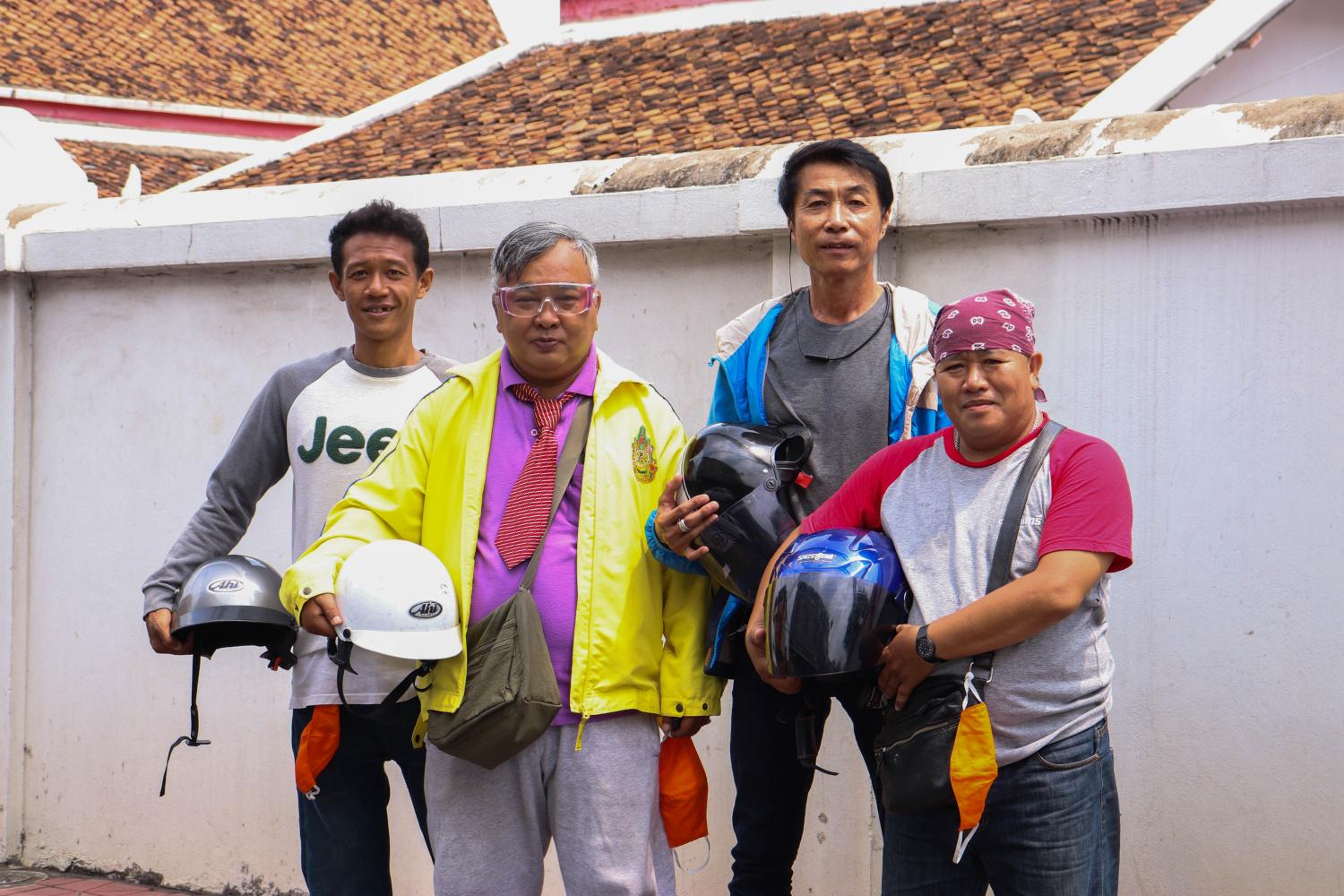In the post-pandemic world, where technology plays a more crucial role in reshaping habits, travel tech companies are connecting the space between technology and travel and accelerating the reboot of Thai tourism after being hit hard by the global health emergency.
When safety becomes the primary concern, new lifestyles that require social distancing practices are needed. Online booking processes can help make this available.
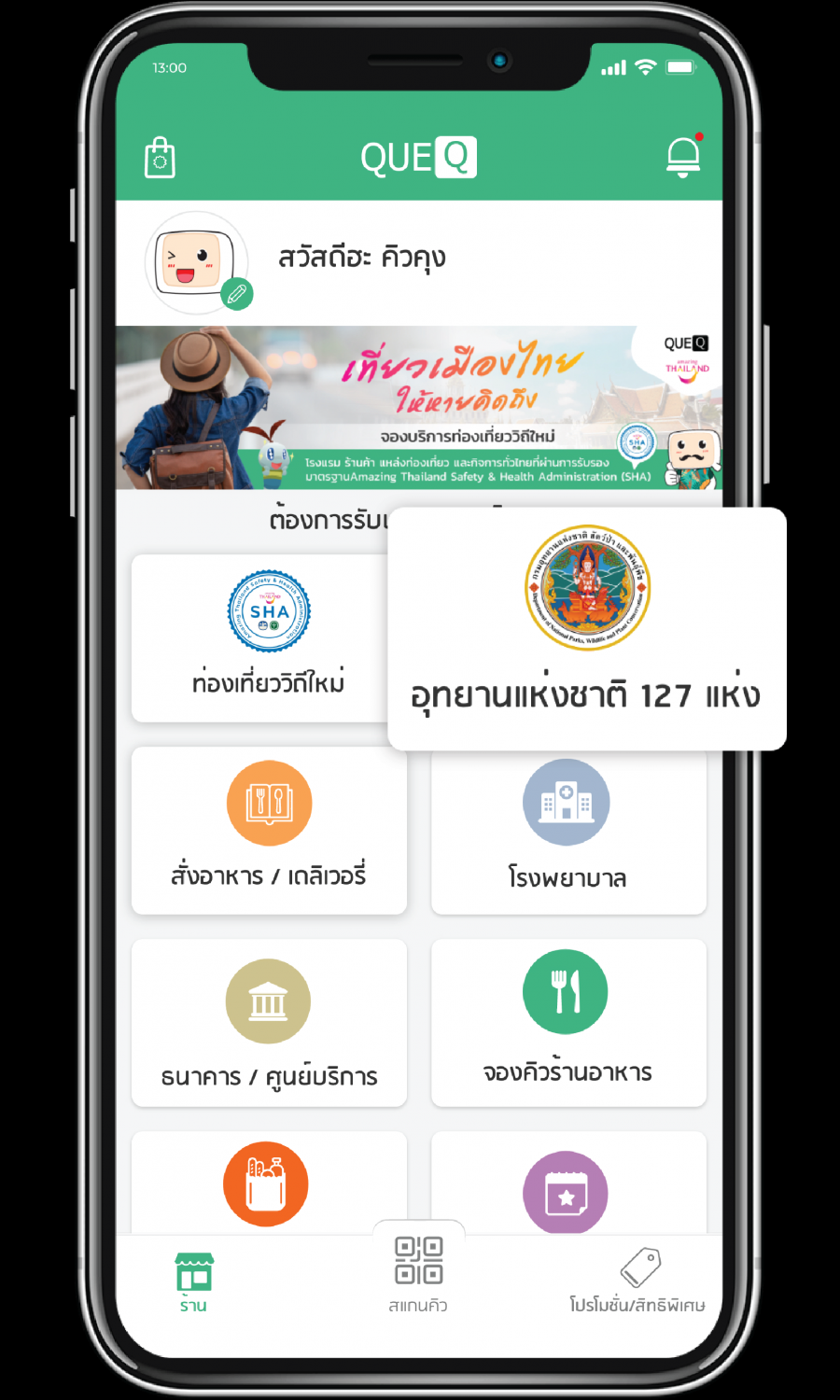
The mobile display of the QueQ queue-management app.
TRAVEL DIFFERENTLY
Rungsun Promprasith, chief executive of QueQ, a queue-management application, said that after the Covid-19 outbreak the company partnered with the Department of National Parks, Wildlife and Plant Conservation to provide tourist advance reservations via the QueQ app to limit the number of tourists.
There is plenty of demand from tourists asking for online payment channels, which prompted the company to promise e-ticket features by the end of the year.
Restaurants were the first segment QueQ helped by taking care of customers during busy hours, and the application gained a high usage level. The application then expanded to service banks, hospitals and government offices in Bangkok and Chiang Mai.
Mr Rungsun said QueQ was directly affected by the lockdown measures, which forced department stores to temporarily close, but the company has been supported by the Digital Economy Promotion Agency (Depa) to adapt its features before becoming involved with the tourism segment.
For instance, the Royal Thai Embassy in London used the QueQ application for Thais who wanted to return home during the outbreak, or for foreigners queuing to extend visas at immigration.
The pandemic also ravaged leisure activities. An annual golf event, the Honda LPGA Thailand, was cancelled, and every golf course in the country had to close in March and April.
Thera Siricharoen, chief executive and co-founder of Golfdigg, a golf booking app, said Golfdigg has to provide new tools to support golf operators on the platform and assist golfers who use the app, as things are more easily managed when completed online.
Golfdigg is seeking more efficiency by launching e-coupons to help operators boost cash flow without waiting for tourism events, as well as adopting cashless payment systems at golf courses, which will reduce the risk of virus exposure.
Mr Thera said partnering with state agencies is the key driver, as the company witnessed after co-hosting the Thailand Golf Festival Online with the Tourism Authority of Thailand.
"Even though the outbreak gave everyone a hard time, the size of the local population is large enough to keep up the golf industry, especially when compared with other countries such as Singapore," Mr Thera said. "We have to use this opportunity to speed up the industry and enhance competitiveness."
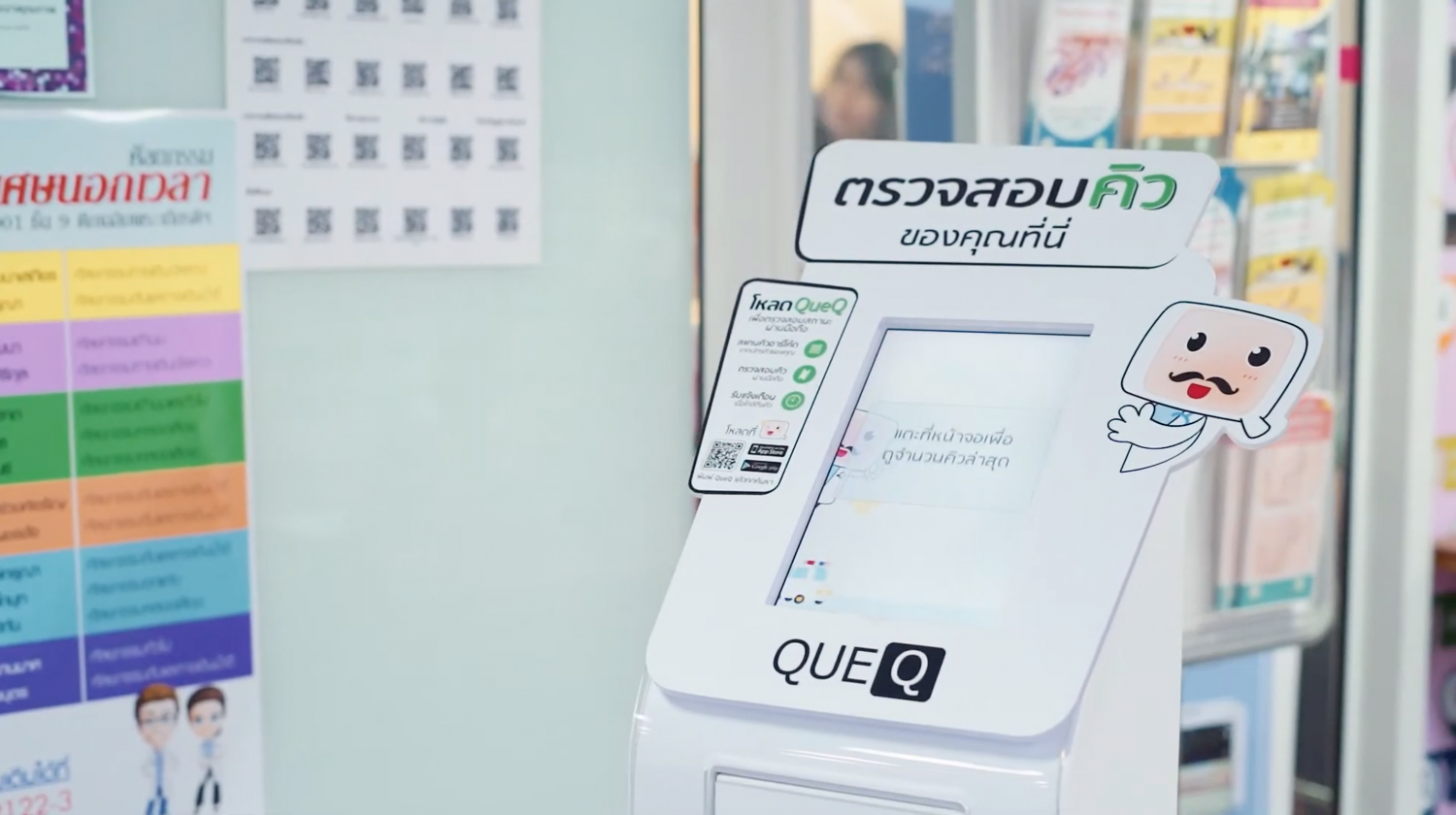
QueQ is also used in hospital waiting rooms.
SURVIVE TOGETHER
The need to connect with technology is not limited to travel tech providers. Tourism operators have to revamp business models by using technology to provide products catering to new demands.
Tourism operators must come up with more creative ways to overcome challenges by emphasising cooperation between operators and local communities.
"Before the pandemic, we operated Once Again Hostel, but plunging travel demand made us find a way to survive, not only for ourselves but for the sake of the local community too," said Peangploy Jitiyatham, co-founder of Locall Thailand, a connecting community platform that provides food delivery service.
Once Again Hostel is on Soi Samran Rat, surrounded by local restaurants in Bangkok's Pratu Phi area. These places might not be agile enough to adopt complicated procedures and jump into the online delivery market during the lockdown period.
Locall Thailand, part of the Satarana social enterprise network, helps operators find new distribution channels and create new ways of doing business.
Ms Peangploy said Locall set up delivery services by hiring manpower available in the area, including motorcycle-taxi drivers and tour guides.
Apart from communities in Bangkok, Locall expanded its delivery services to Chiang Mai, Saraburi, Nonthaburi and Samut Prakan, with 600 local entrepreneurs and 20,000 customers joining the project.
Somsak Boonkam, chief executive and co-founder of Local Alike, a community-based tourism platform, said the company this year has had to diversify services from the tourism platform into the online marketplace for local foods and products to cope with uncertainty.
In terms of technology, the company is developing new back-end software to help locals manage their home stays. Local Alike has worked with more than 160 communities nationwide.
Most local communities are not directly affected by the pandemic, as they can still continue with agricultural activities. But the pandemic has forced a younger, tech-savvy generation to return home, helping boost digital literacy in communities during this time.
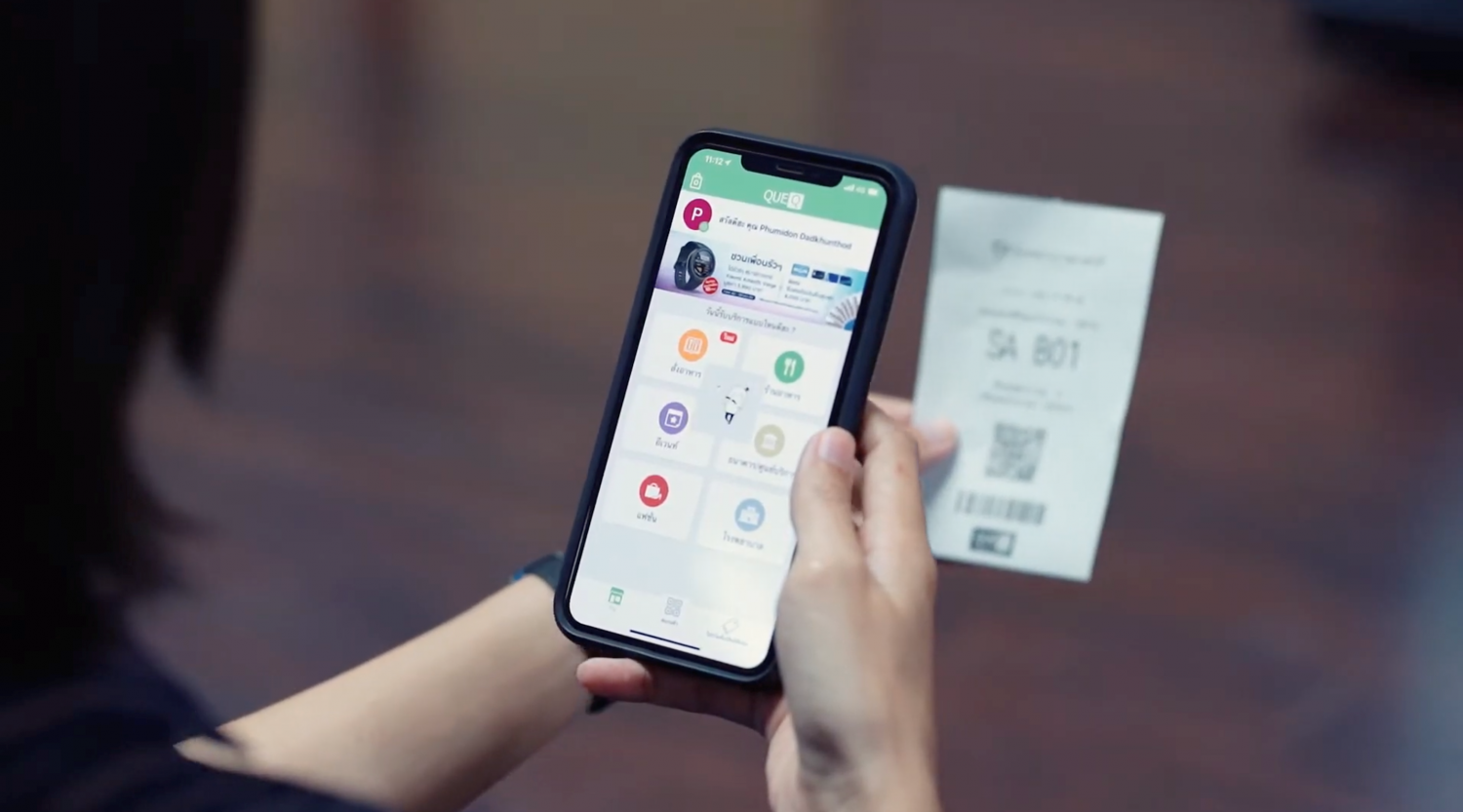
The user interface of the QueQ app provides a reservation service.
BRACE FOR NEW MODEL
As an effective Covid-19 vaccine has yet to be found, the tourism landscape is expected to lean on new practices, requiring operators to prepare well-managed business models.
Mr Somsak said the trend going forward will focus on domestic tourism, especially personalised tours that offer unique travel experiences, leading to different explorations throughout the country.
Local Alike introduced tourism packages featuring hidden-gem destinations that may be difficult to penetrate individually without tour services.
One new tourism route is the Hala-Bala Forest in Yala, which is a preferred habitat of hornbills, a natural indicator species of the forest condition.
Tourists can experience rural life from local homestays, Mr Somsak said.
QueQ's Mr Rungsun said travel tech startups and products serving drastic behavioural changes can capture unprecedented benefits from the increasing number of tourists who need the new service.
"We used to put lots of marketing effort into promoting the QueQ application," Mr Rungsun said. "But the outbreak catalysed behavioural changes."
He said tourism is capable of recovering quickly with help from Thai travel tech companies, but startups have to gain more support from the government to help subsidise investment or marketing campaigns.
At this moment, the great challenge for Thai tourism is to manage and disperse the flow of international tourists to steer the economic engine back on track without causing a second wave of infections and avoid ending up in another lockdown.
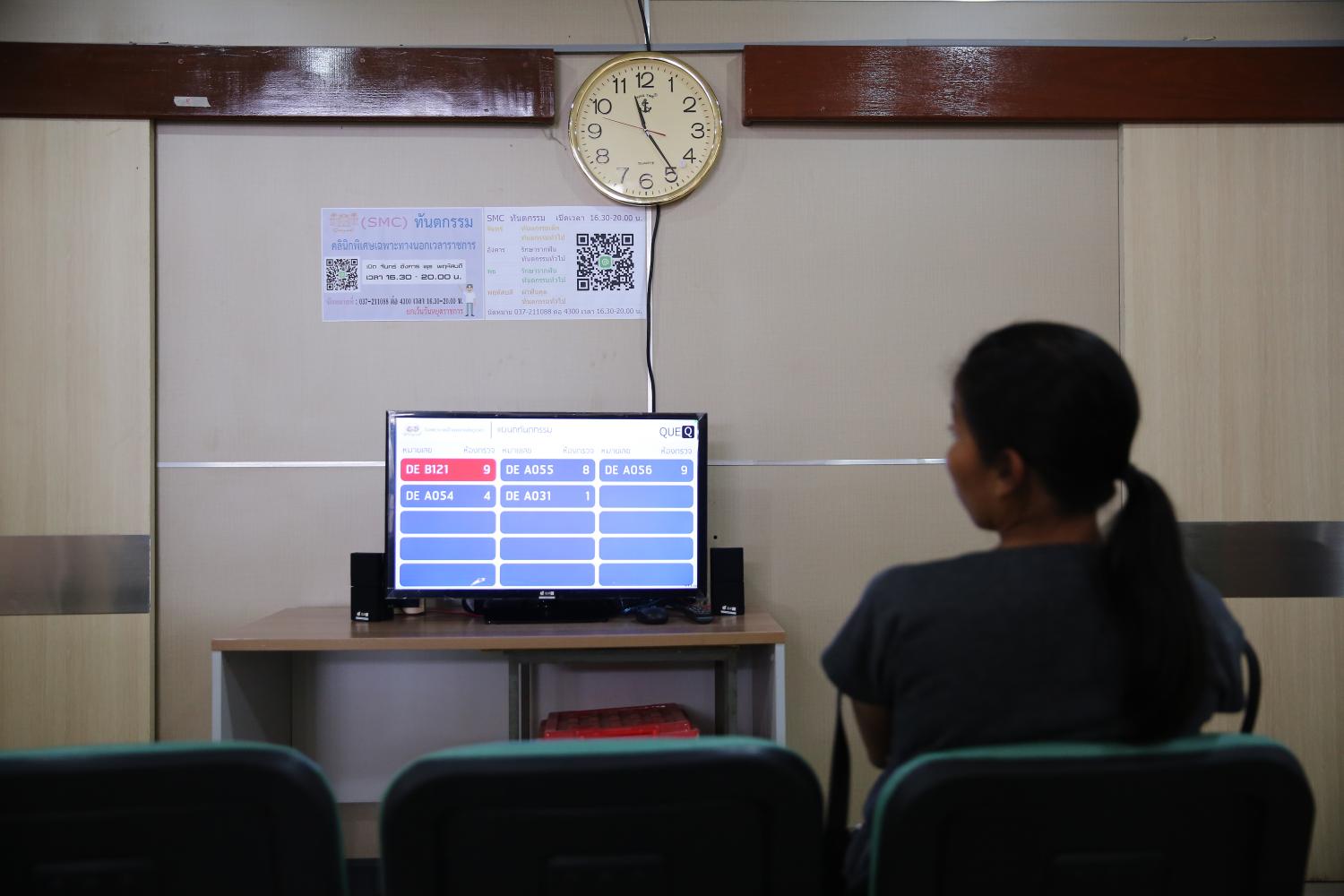
QueQ is also used in hospital waiting rooms.
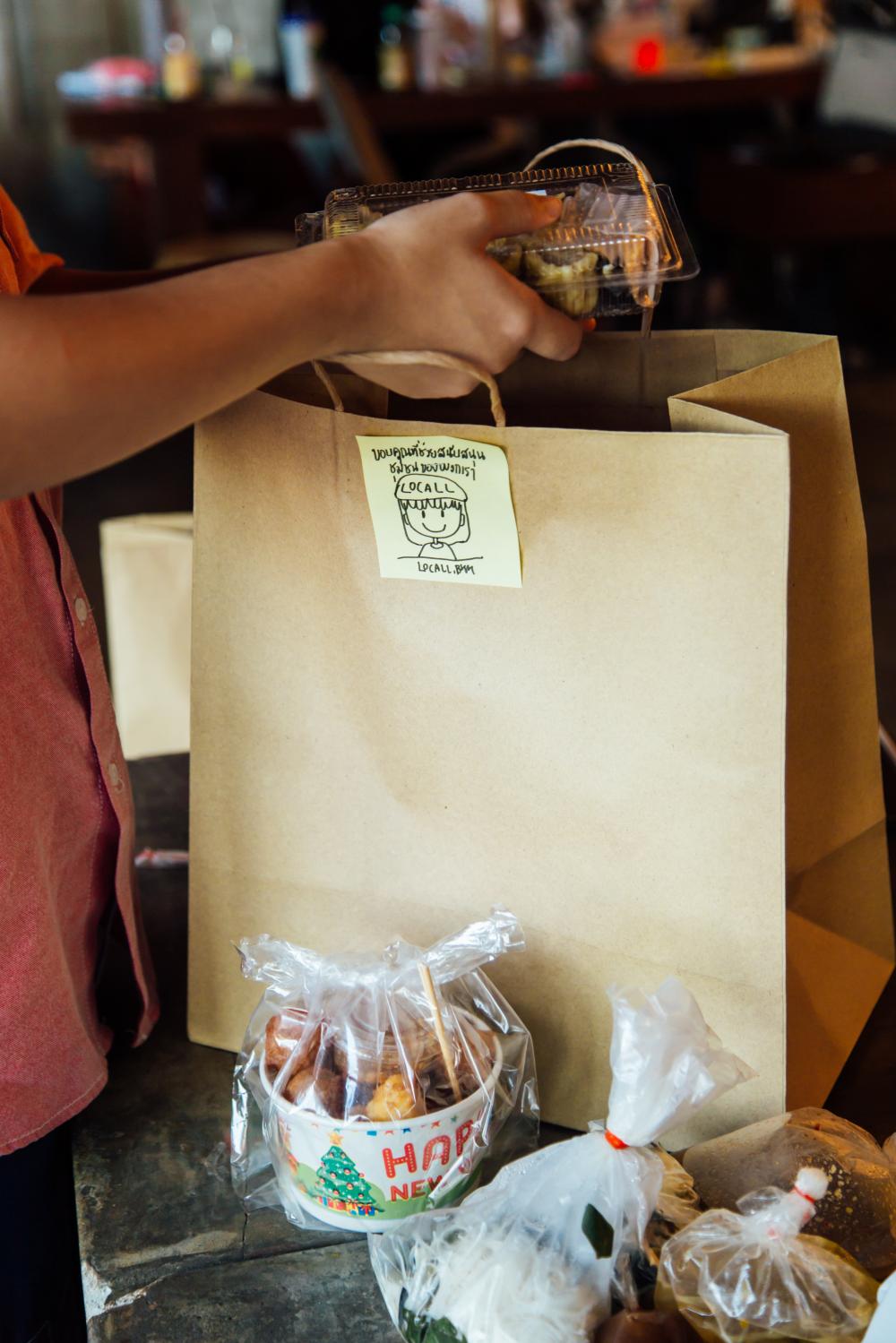
A Locall-affiliated food delivery. The note says 'thank you for helping local communities'.
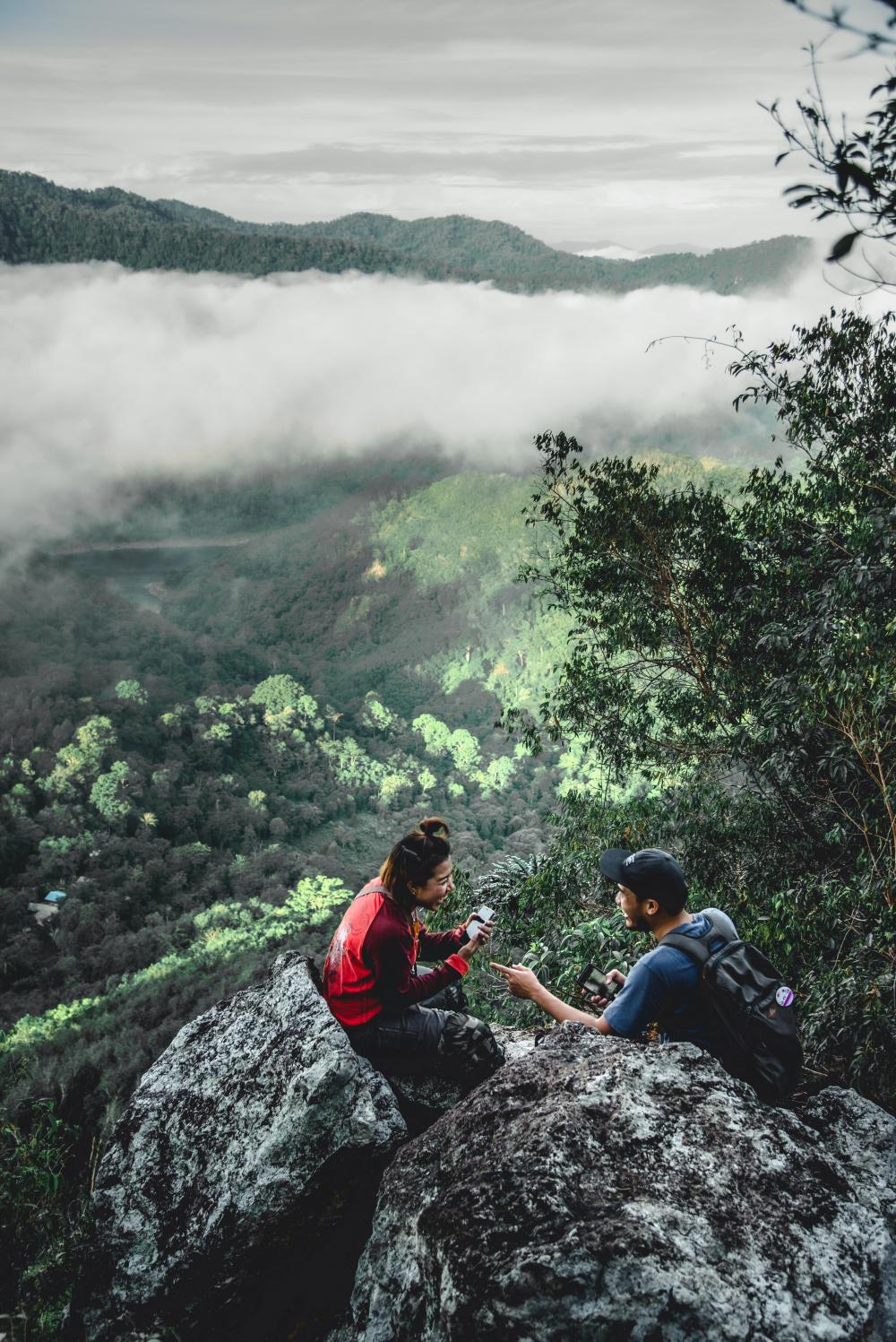
Tourists in Hala-Bala Forest in Yala, one of the new destinations promoted by Local Alike.
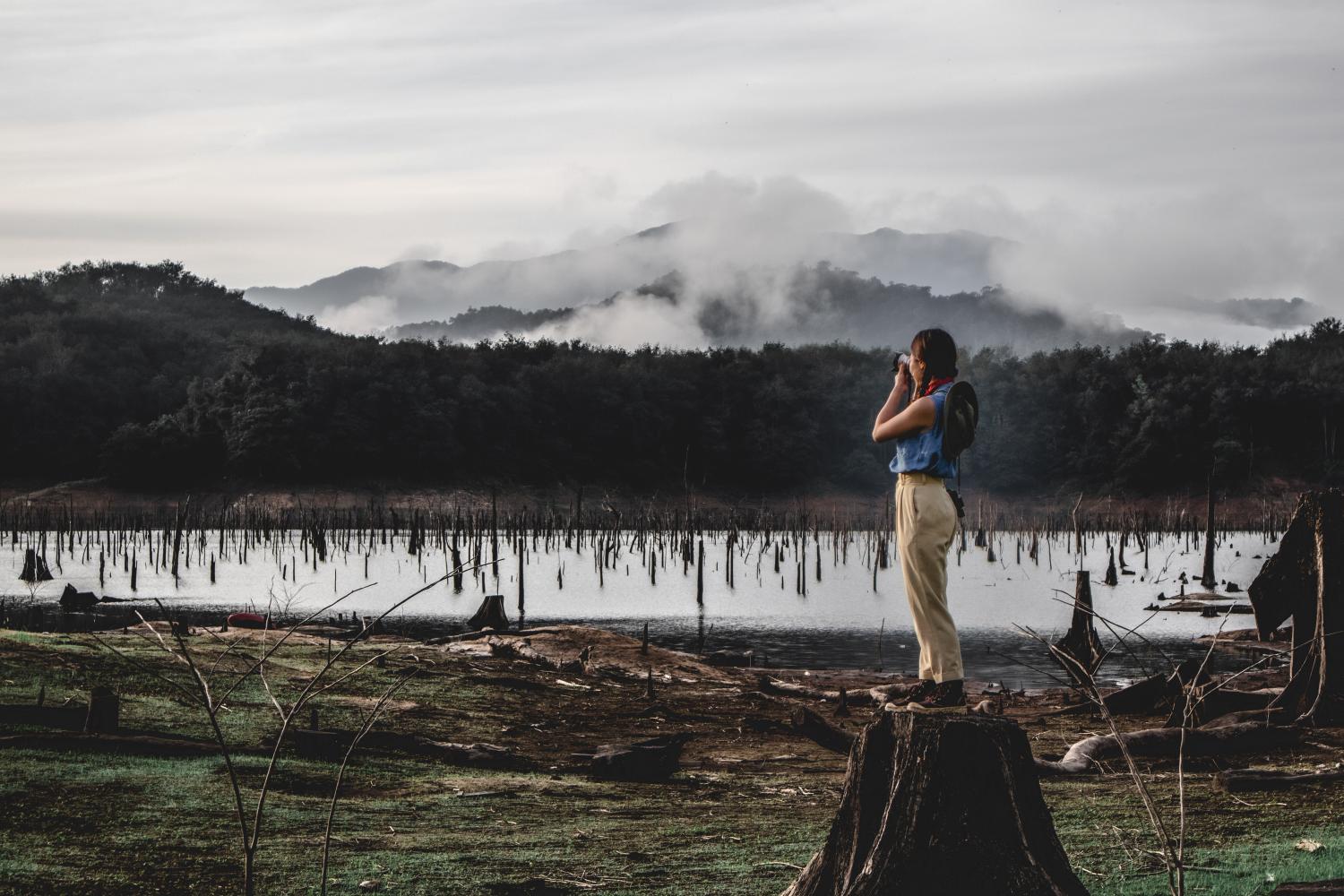
A tourist takes pictures in Hala-Bala Forest, a hidden-gem destination.
